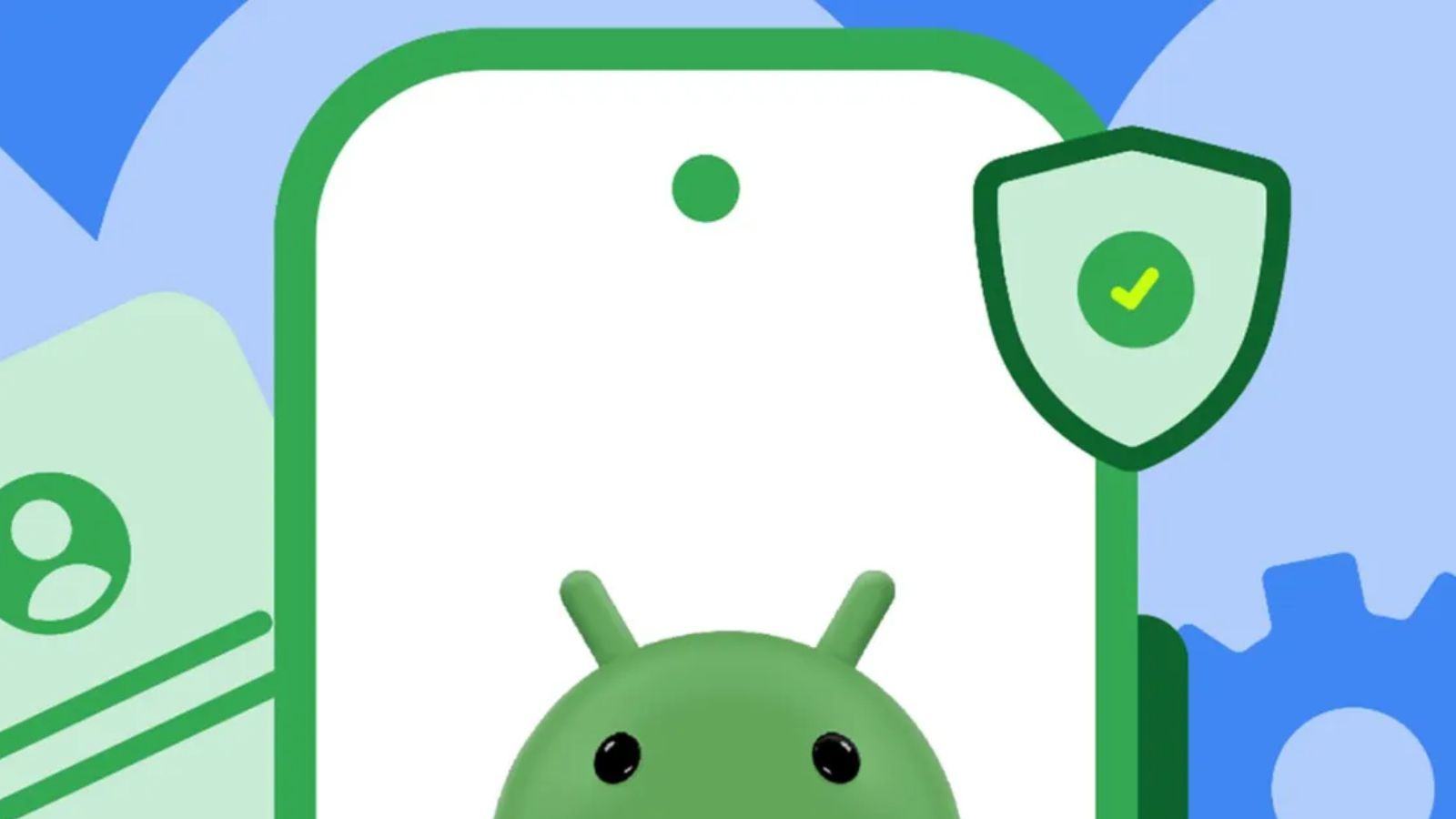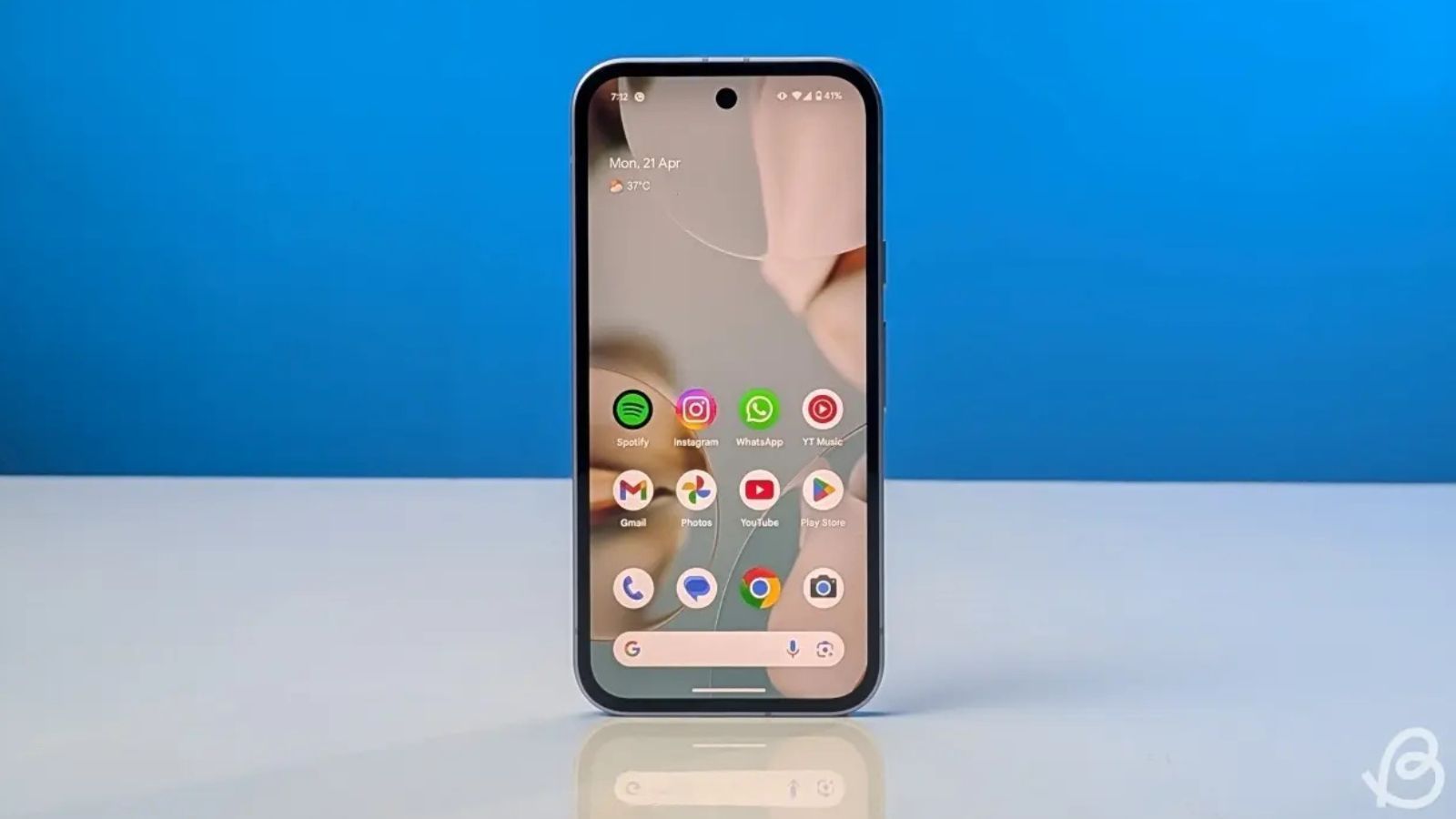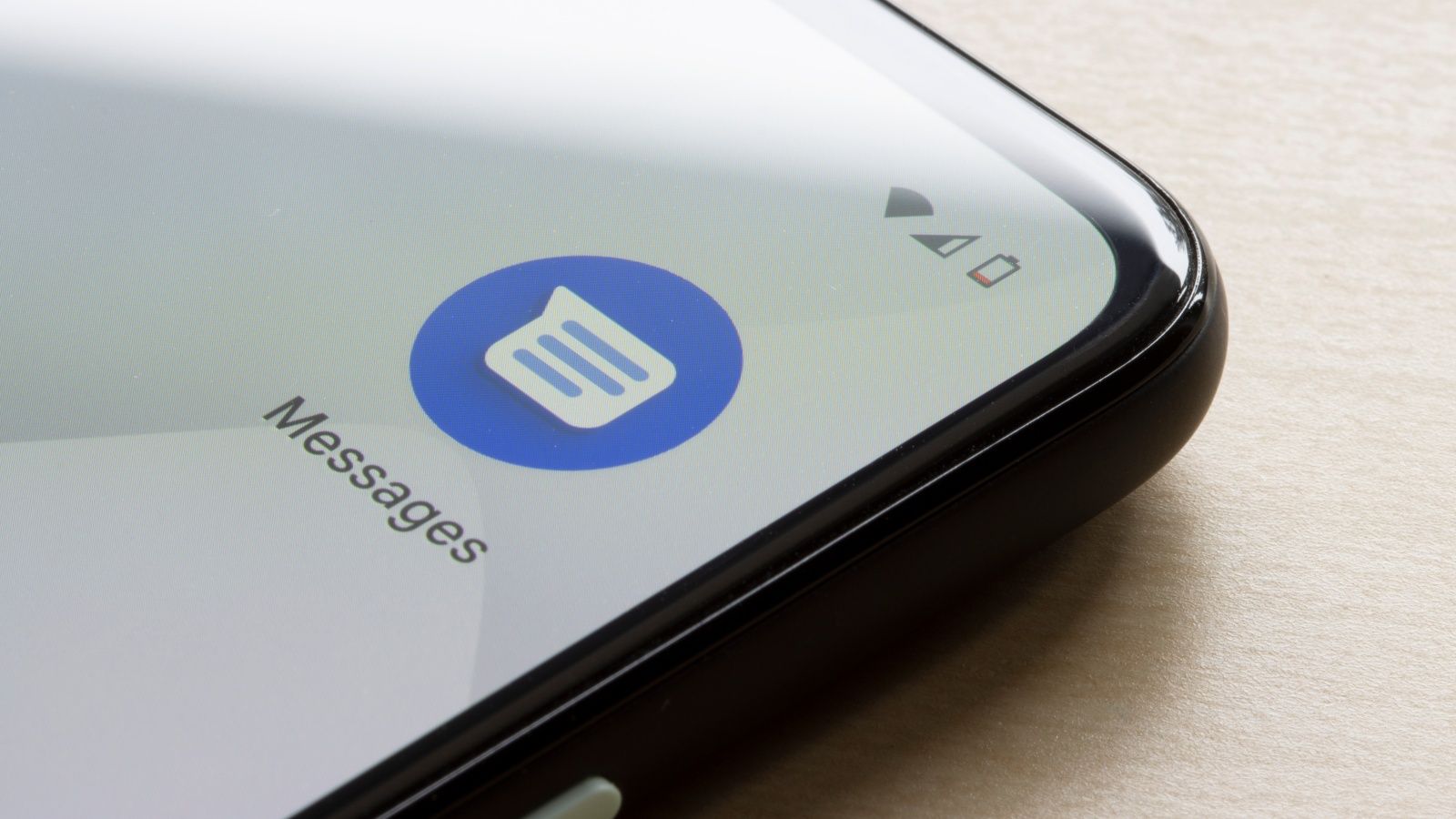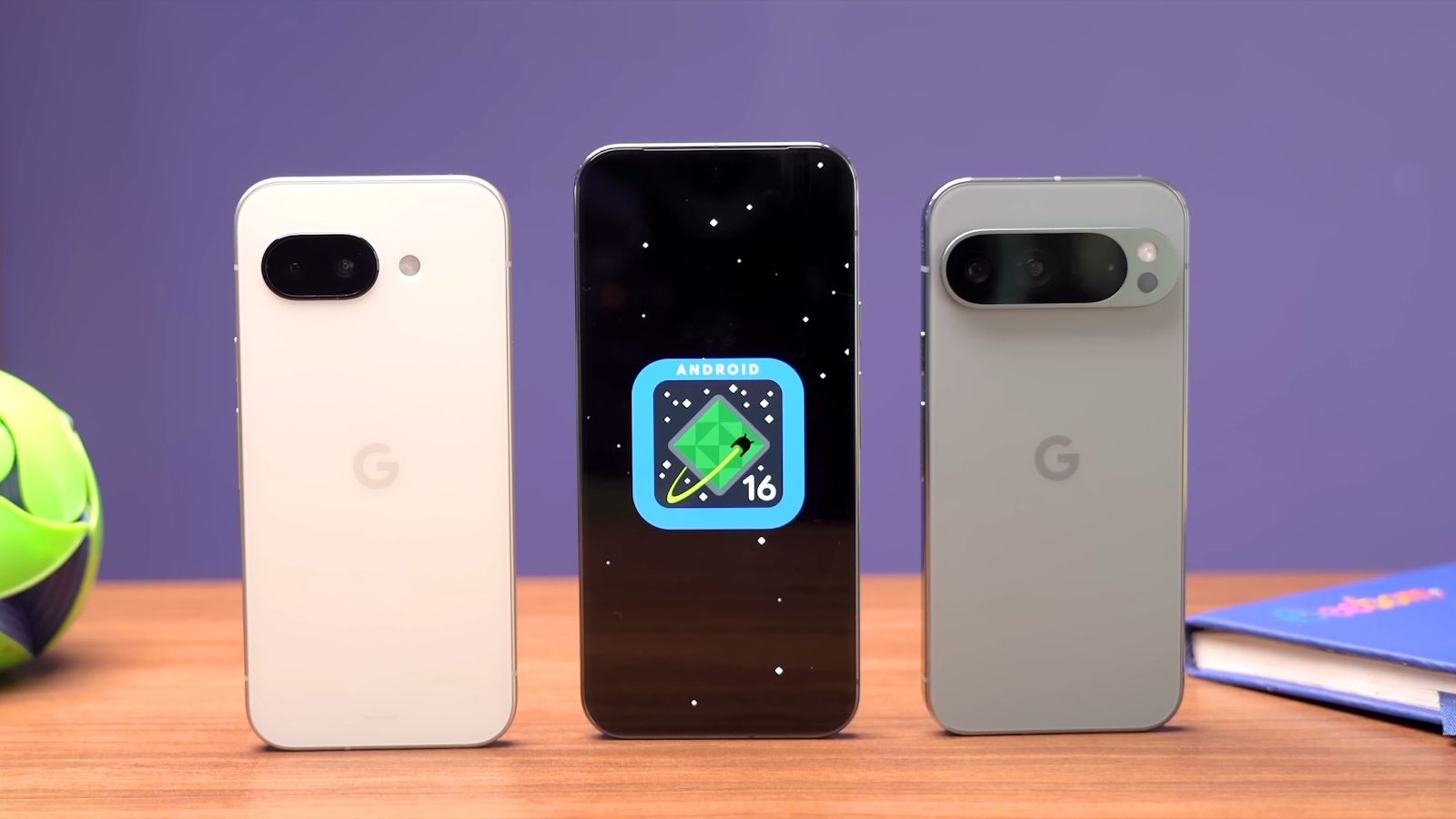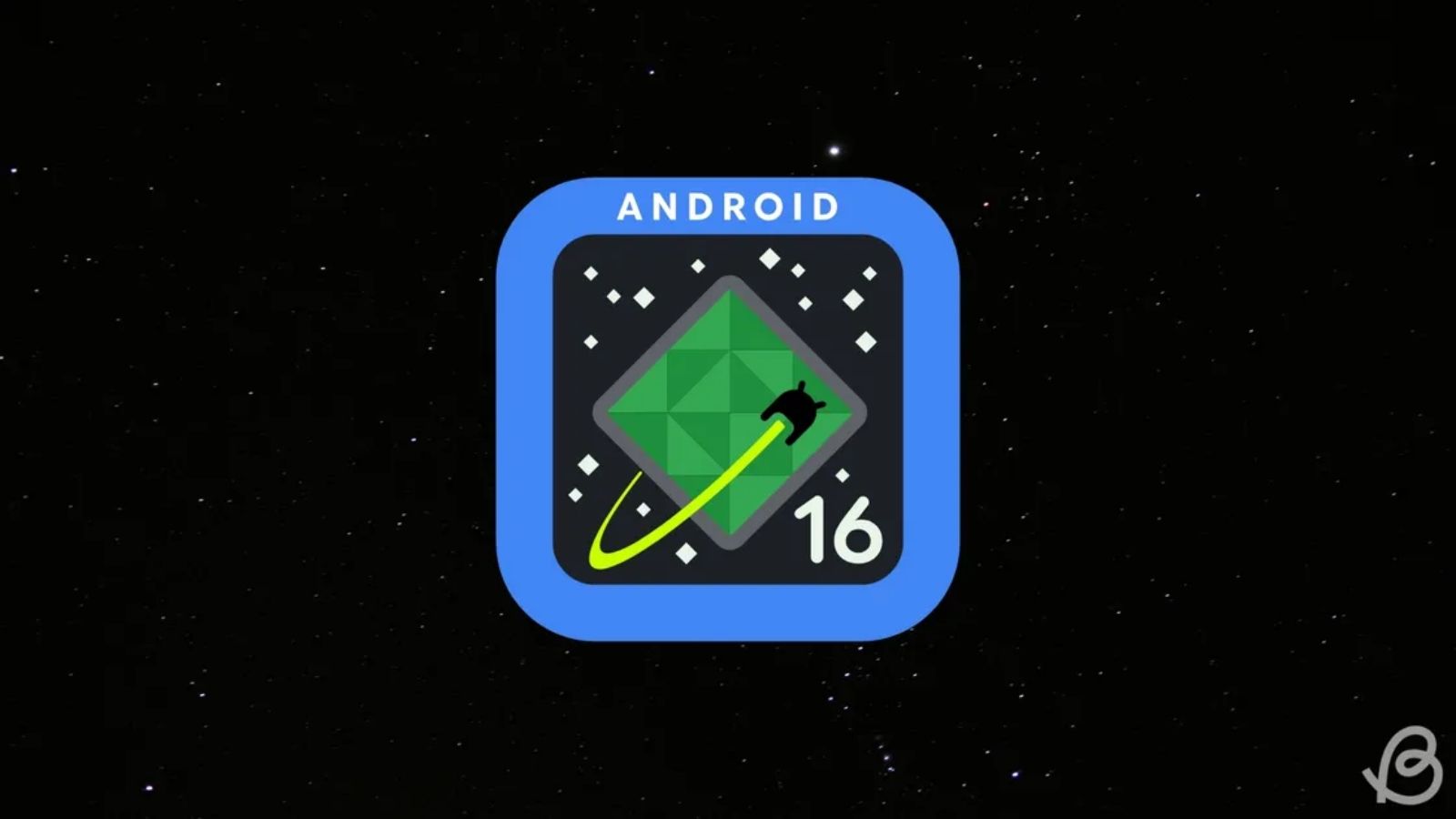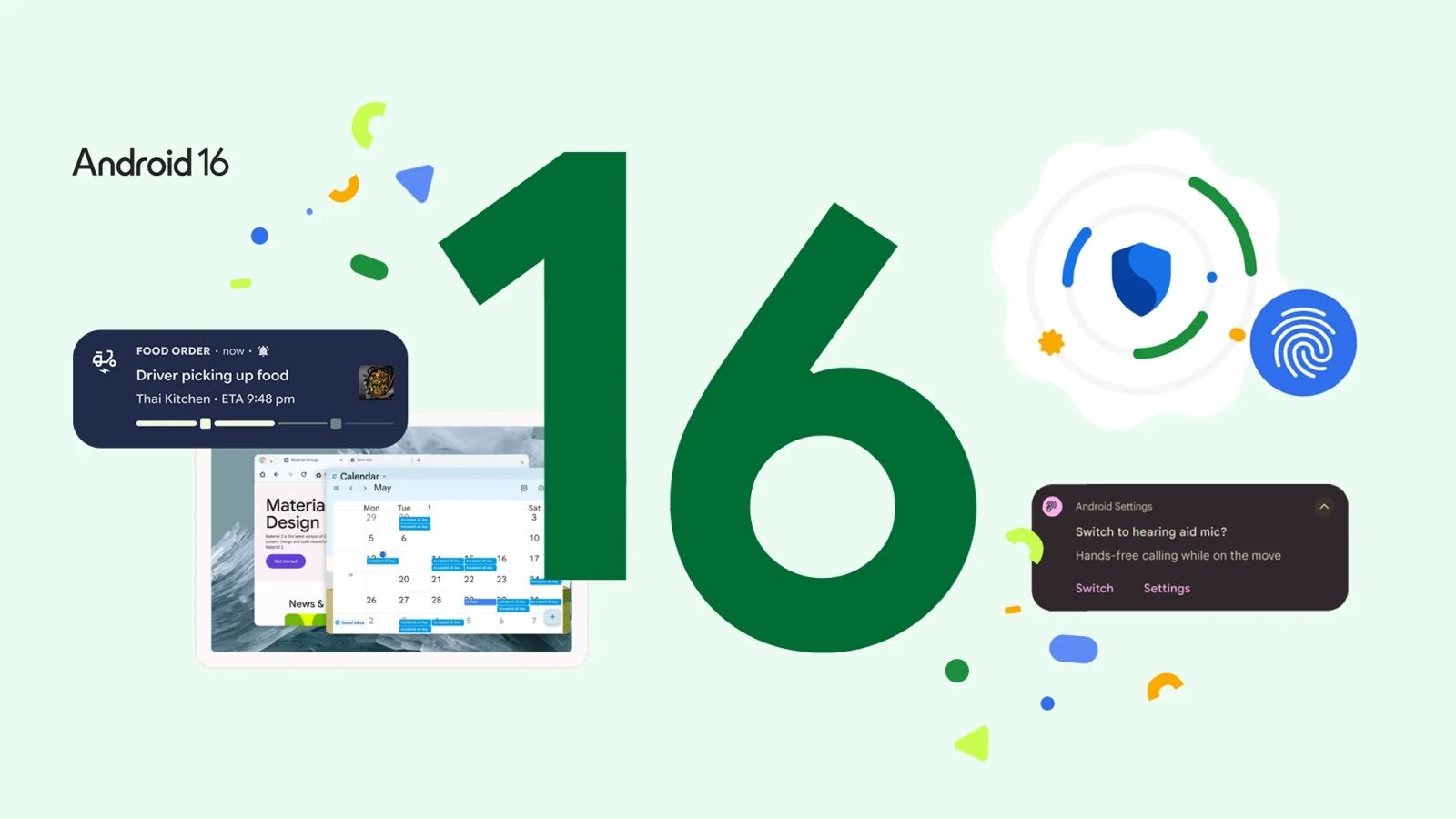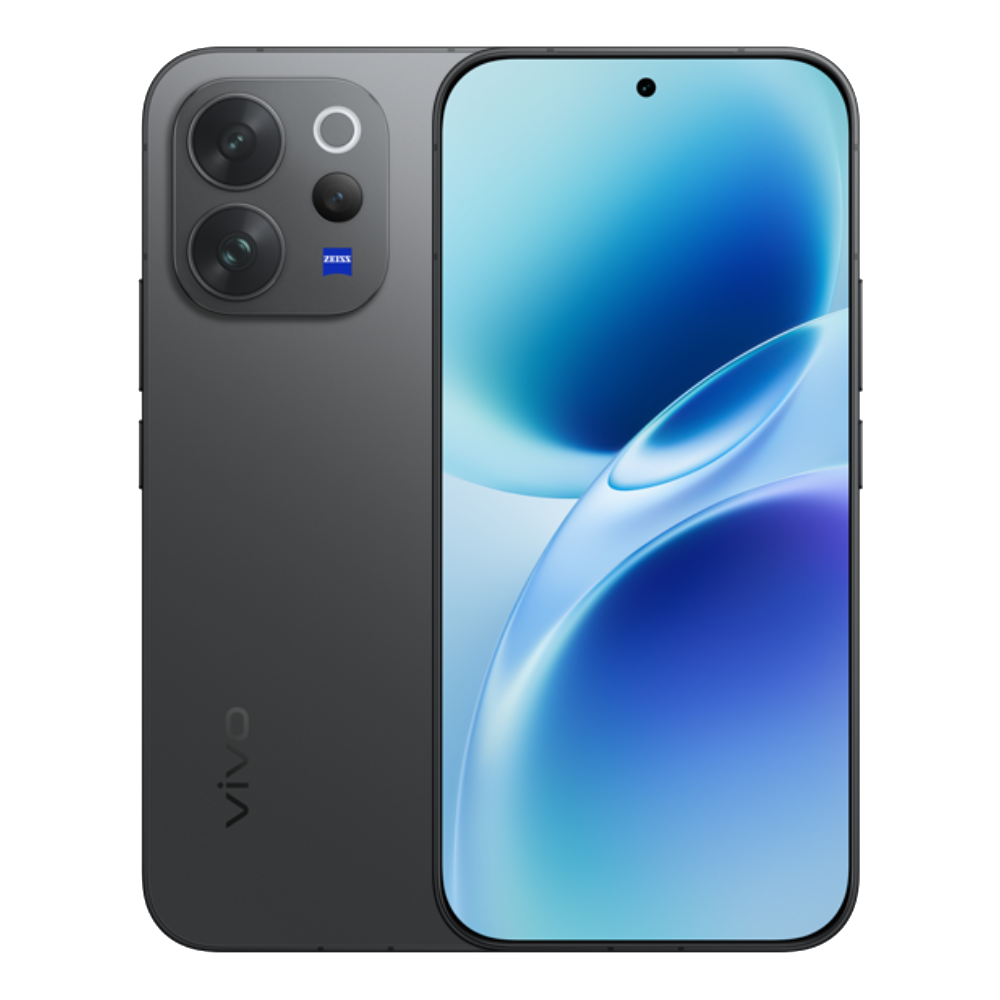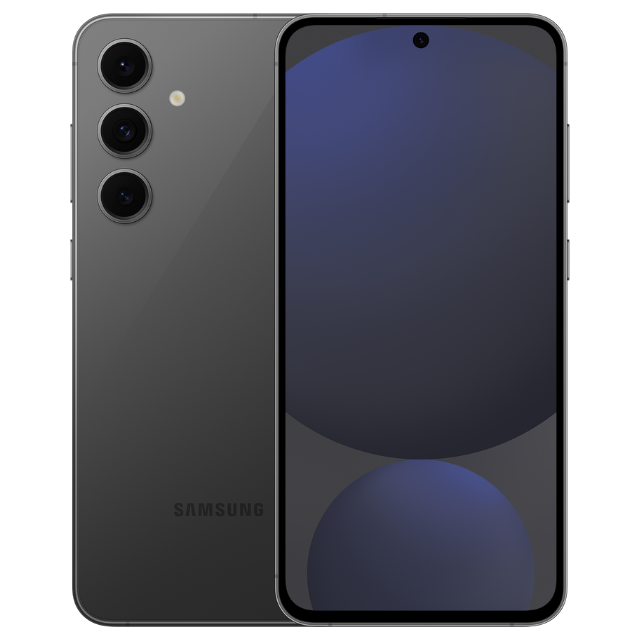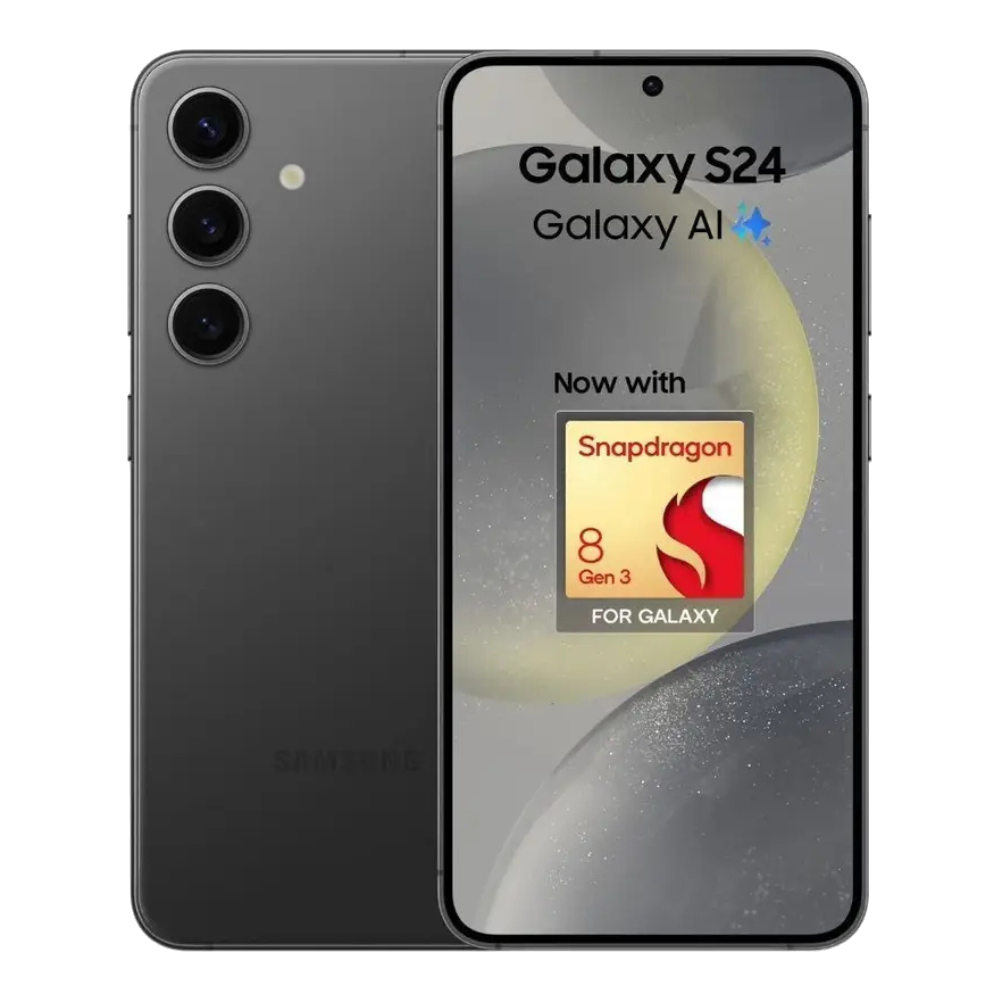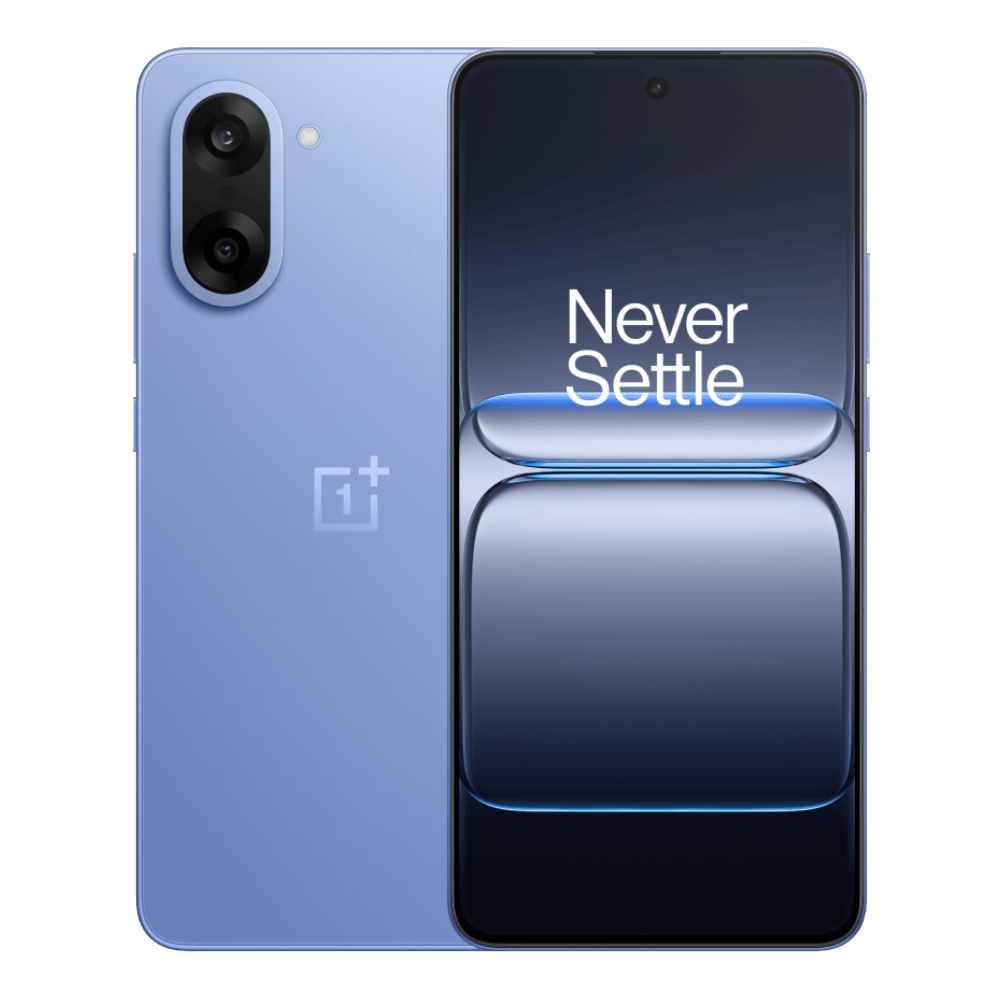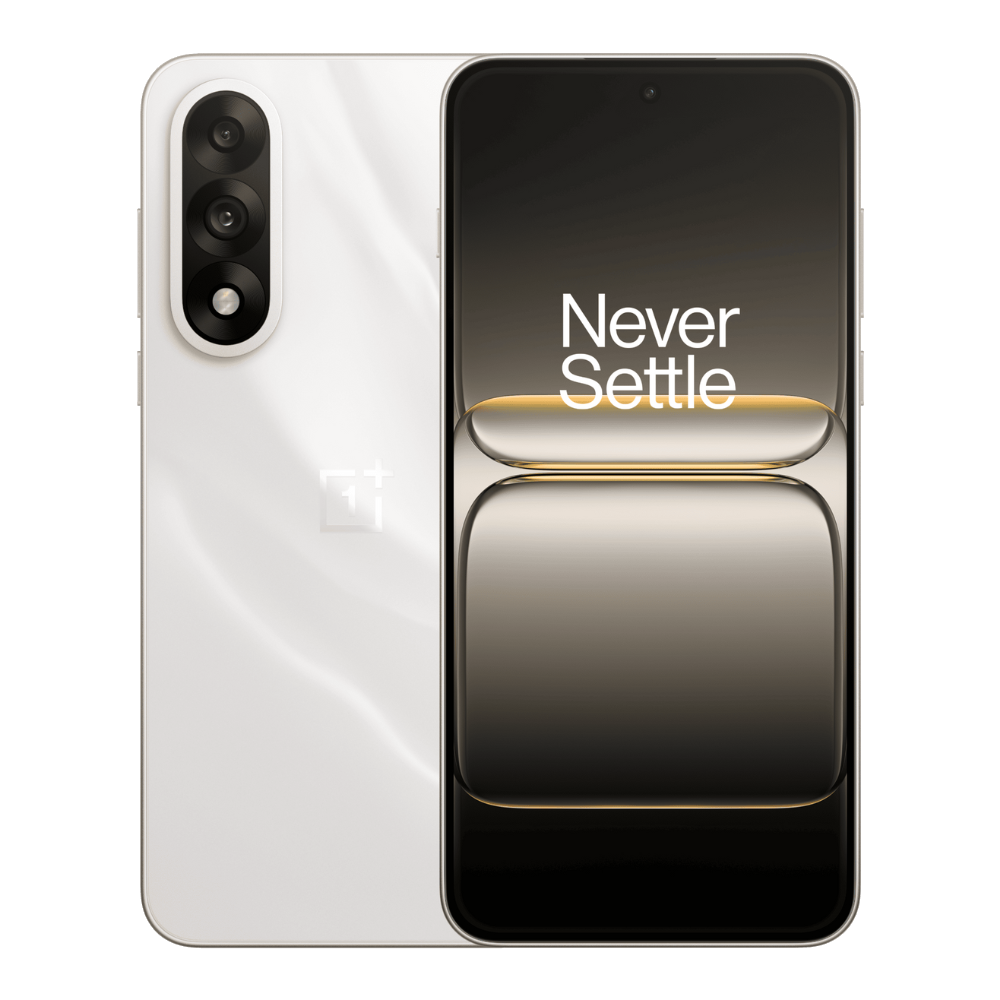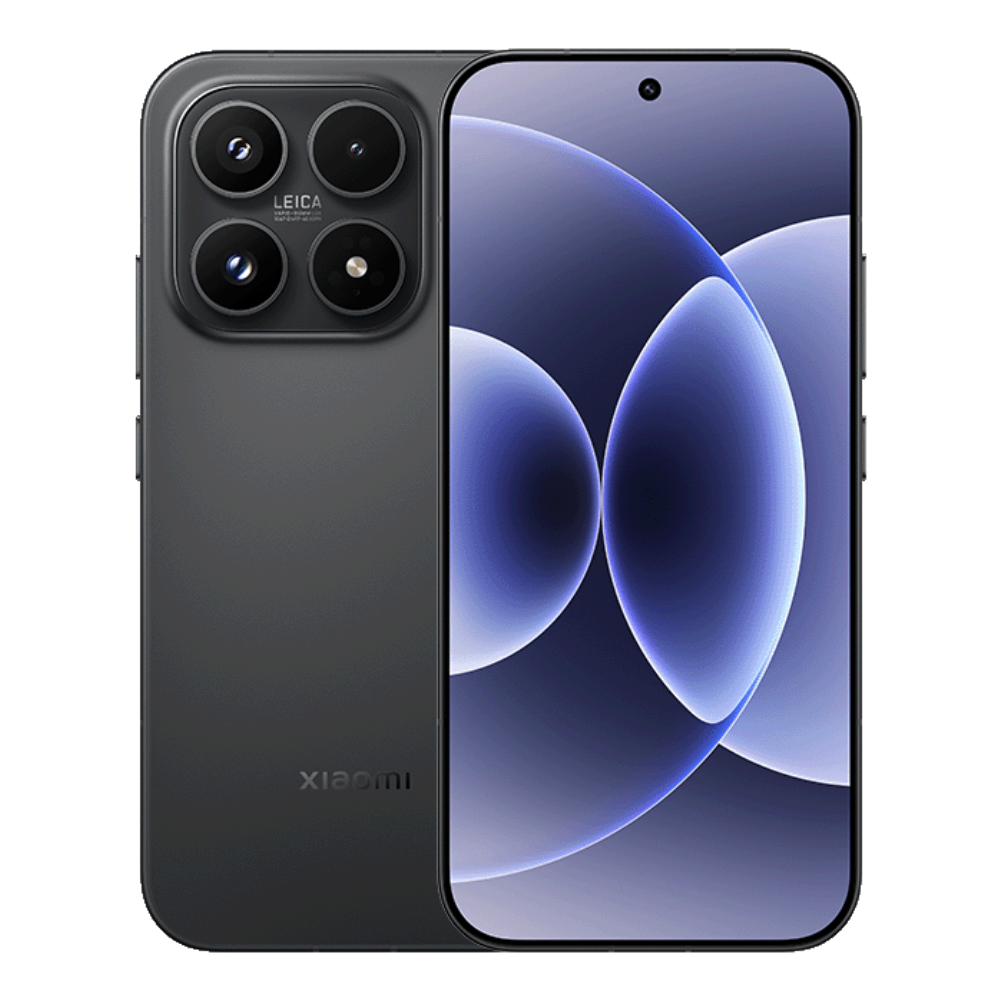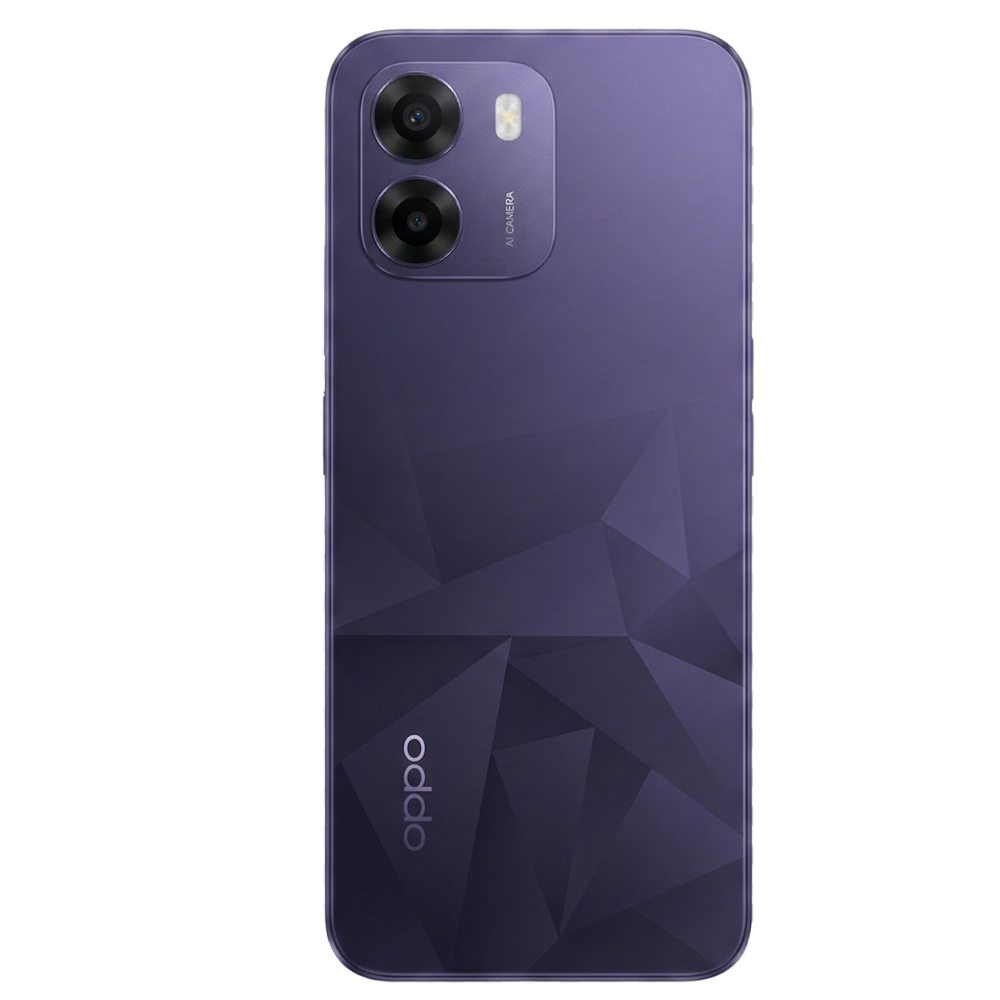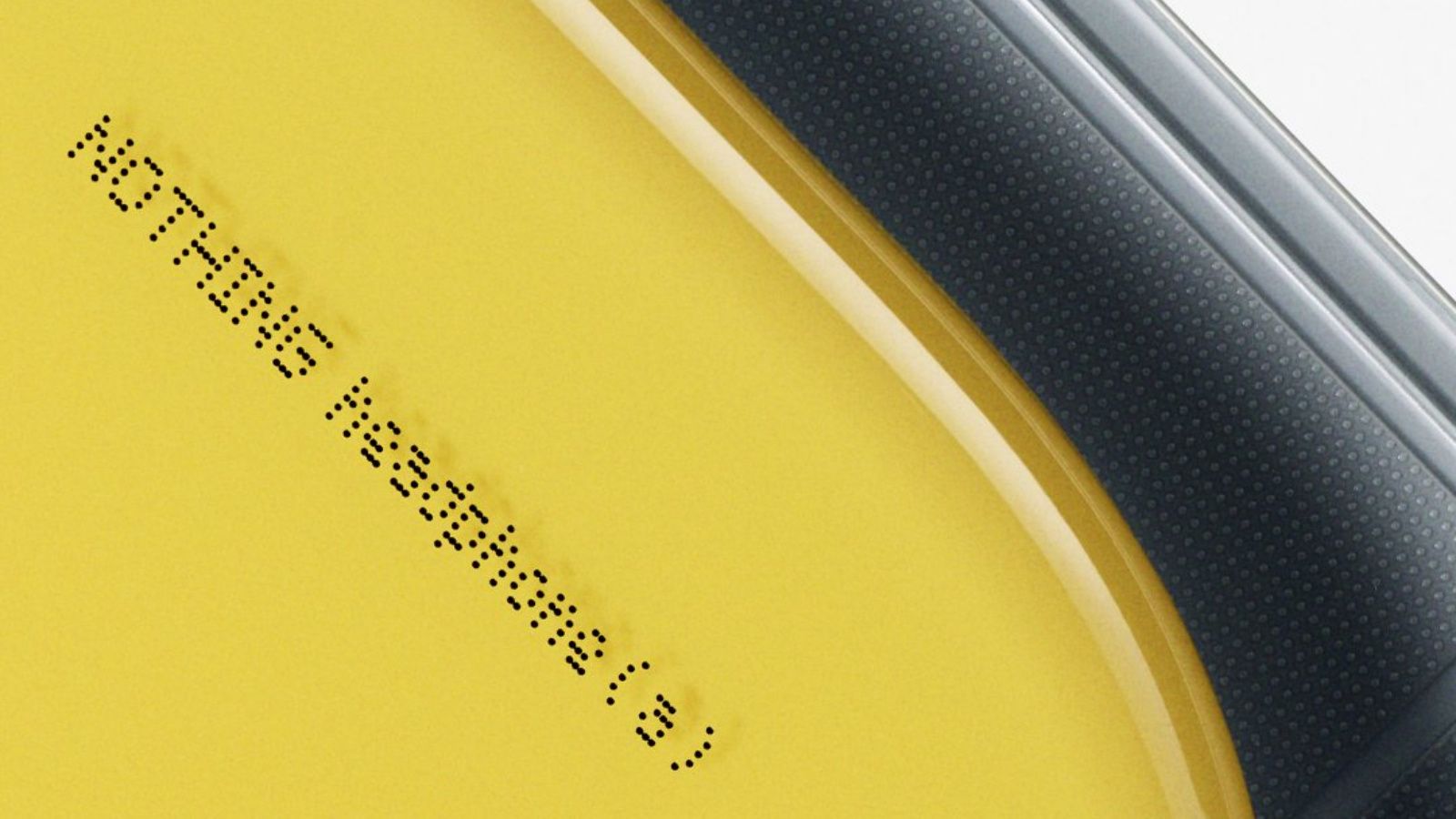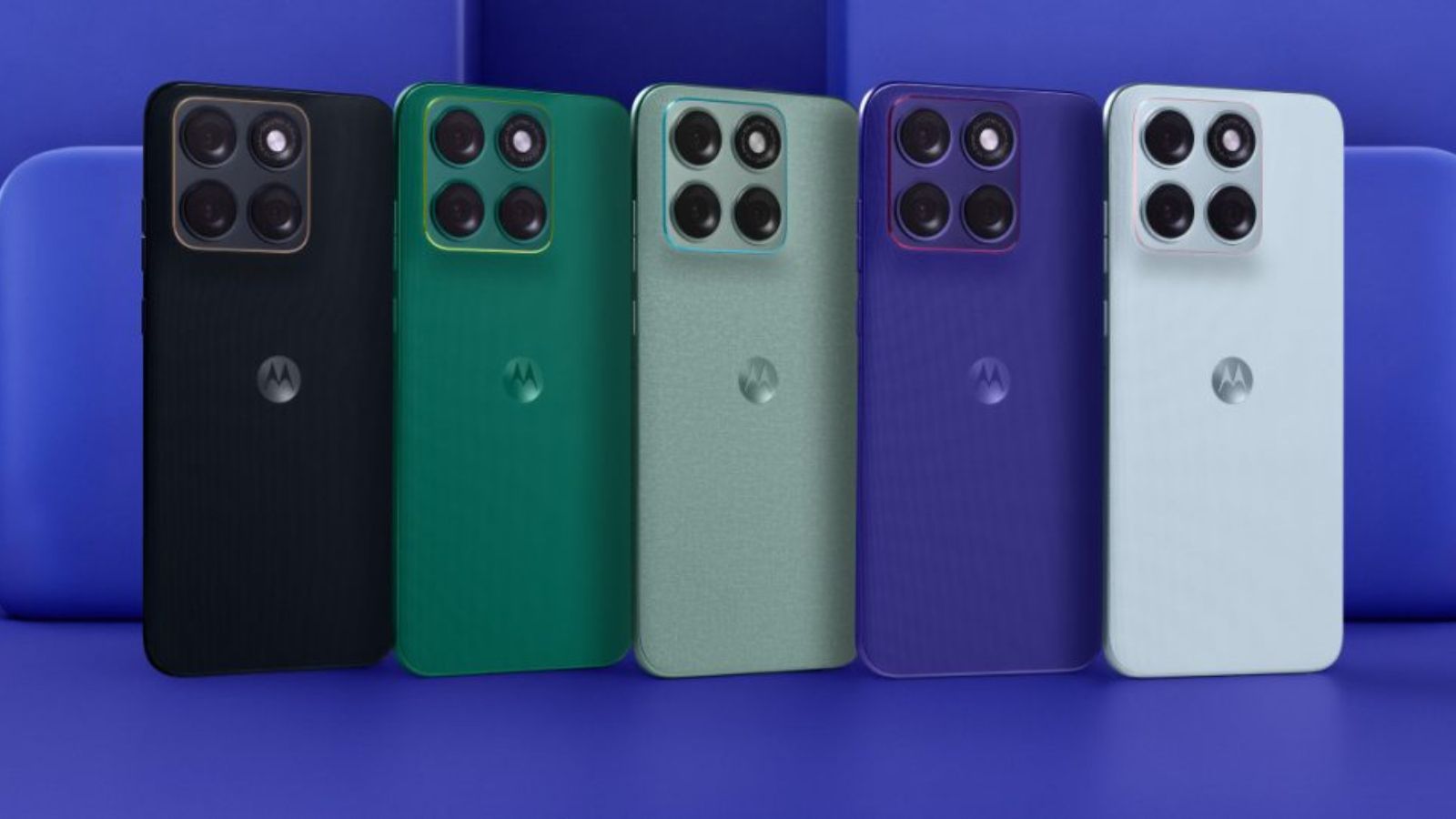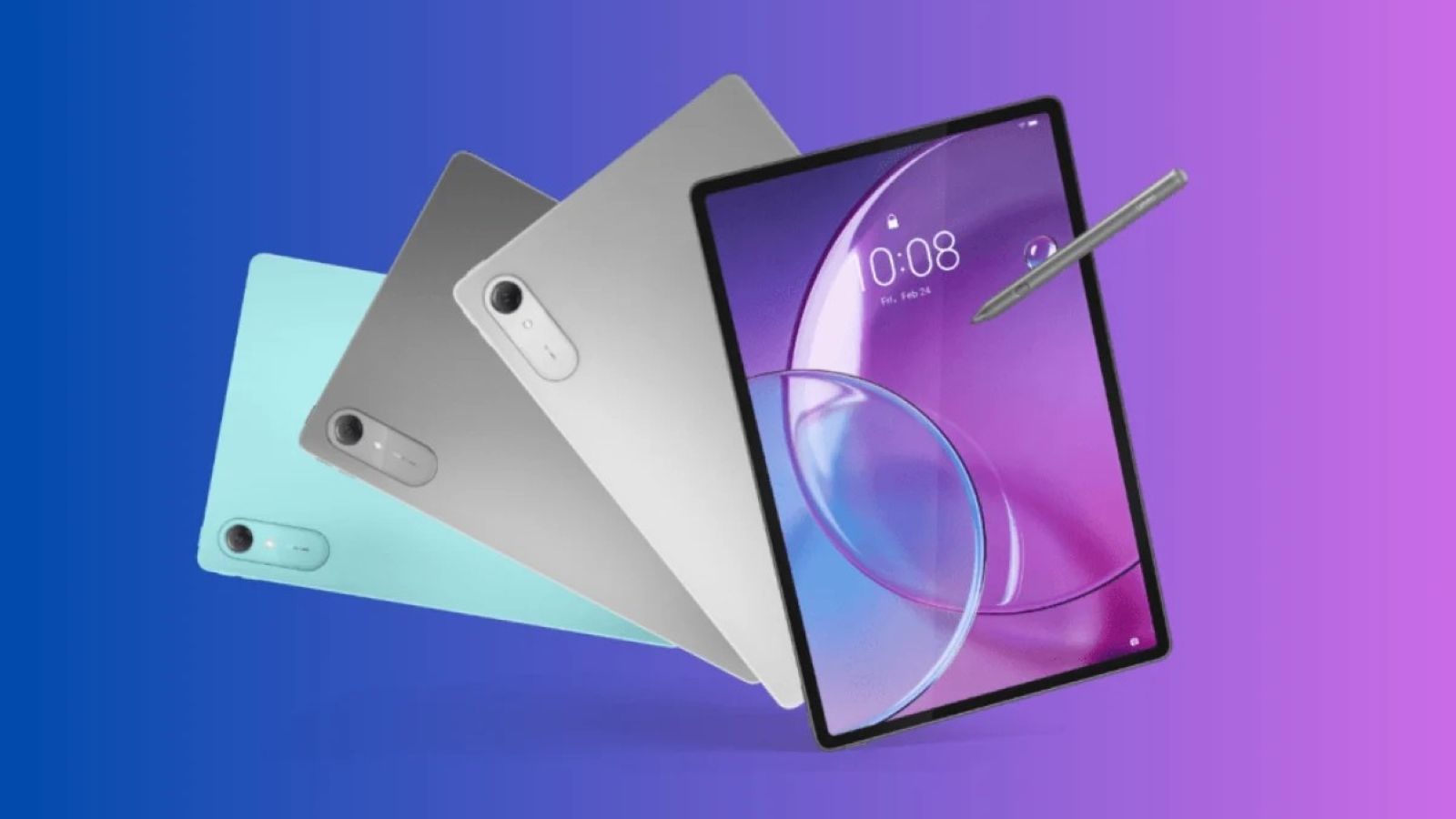Google recently sparked a lot of controversy with its new Android Developer Verification program. What aims to safeguard user interest, in the name of stricter sideloading rules, seems to have sparked outrage amongst Developers and Android enthusiasts alike. Now, F-Droid has called out Google and has highlighted what this new program actually means.
F-Droid warns of Android's walled garden future, blasts Google’s new developer verification
In its latest blog post, F-Droid has taken a dig at Google for misleading Android users for saying that "sideloading isn’t going anywhere”. With the new Android Developer Verification program, Google has effectively ended the user's ability to download any APK on their smartphone outside the Play Store.
It effectively means that Google has the sole authority to decide which app will be eligible for download on an Android smartphone. It will be implemented on a system-level, and there will be no way for users and Developers to opt-out of the same.
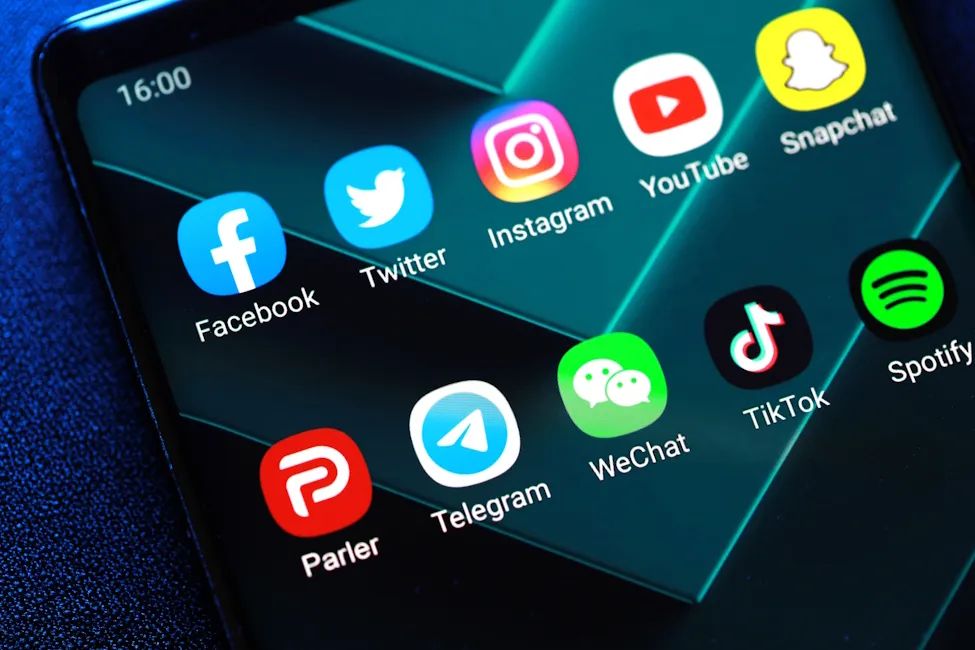
Hence, F-Droid believes that Google's promise of a future where sideloading could be possible is untrue. For those unaware, a few months back, Google decided to make sideloading difficult for Android. It introduced a rigorous paid verification and approval process for Android Developers, who will now be required to register themselves and their apps with Google.
Now, apart from the $25 registration fee, developers will also need to provide valid credentials like legal name, address, email, and phone number. These data will be collected, stored and verified by Google before allowing the app to be made available for download.
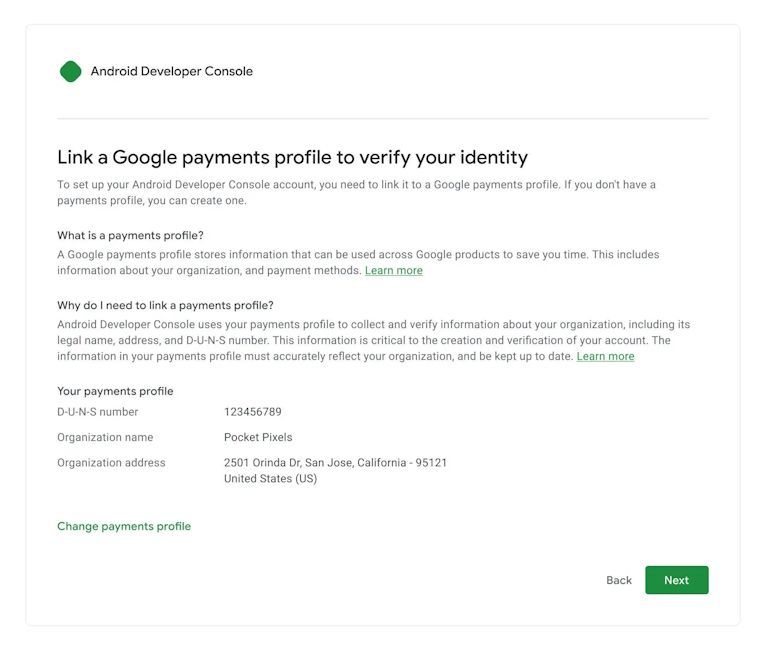
Hence, it is very clear that no app outside the Play Store will go live without Google's intervention. This new rule, set to go live from 2026 will vastly affect open-source app markets like F-Droid.
Users, who opted for an Android phone for its open computing platform promise, will now be forced to comply with Google. F-Droid states that the very reason why Android was often viewed as developer-friendly is now fading away as Google takes the Apple route.
That said, at the time of writing there doesn't seem to be a workaround available. F-Droid has itself urged developers to sign in to the Android Developer Console. As for consumers, on the bright side, it will safeguard them from malicious apps and softwares aimed to steal user information. However, we might see a dip in the volume of good open-sourced alternatives to paid apps in the near future.


